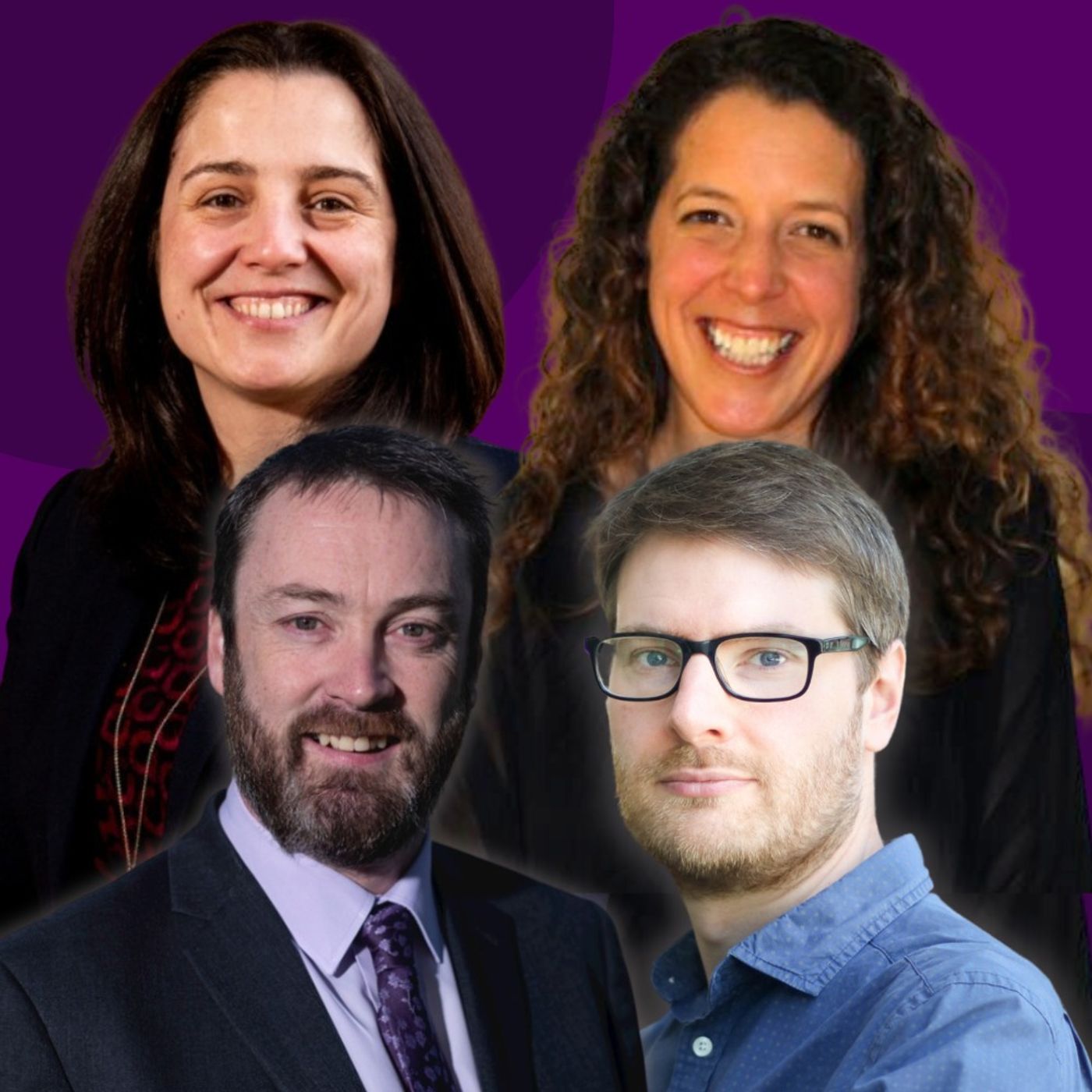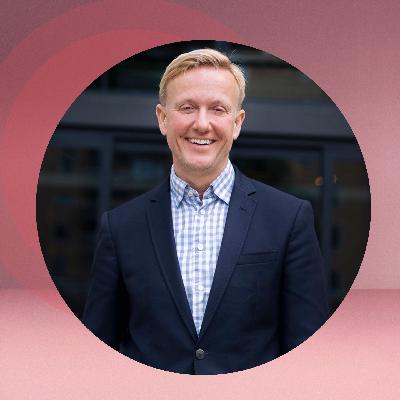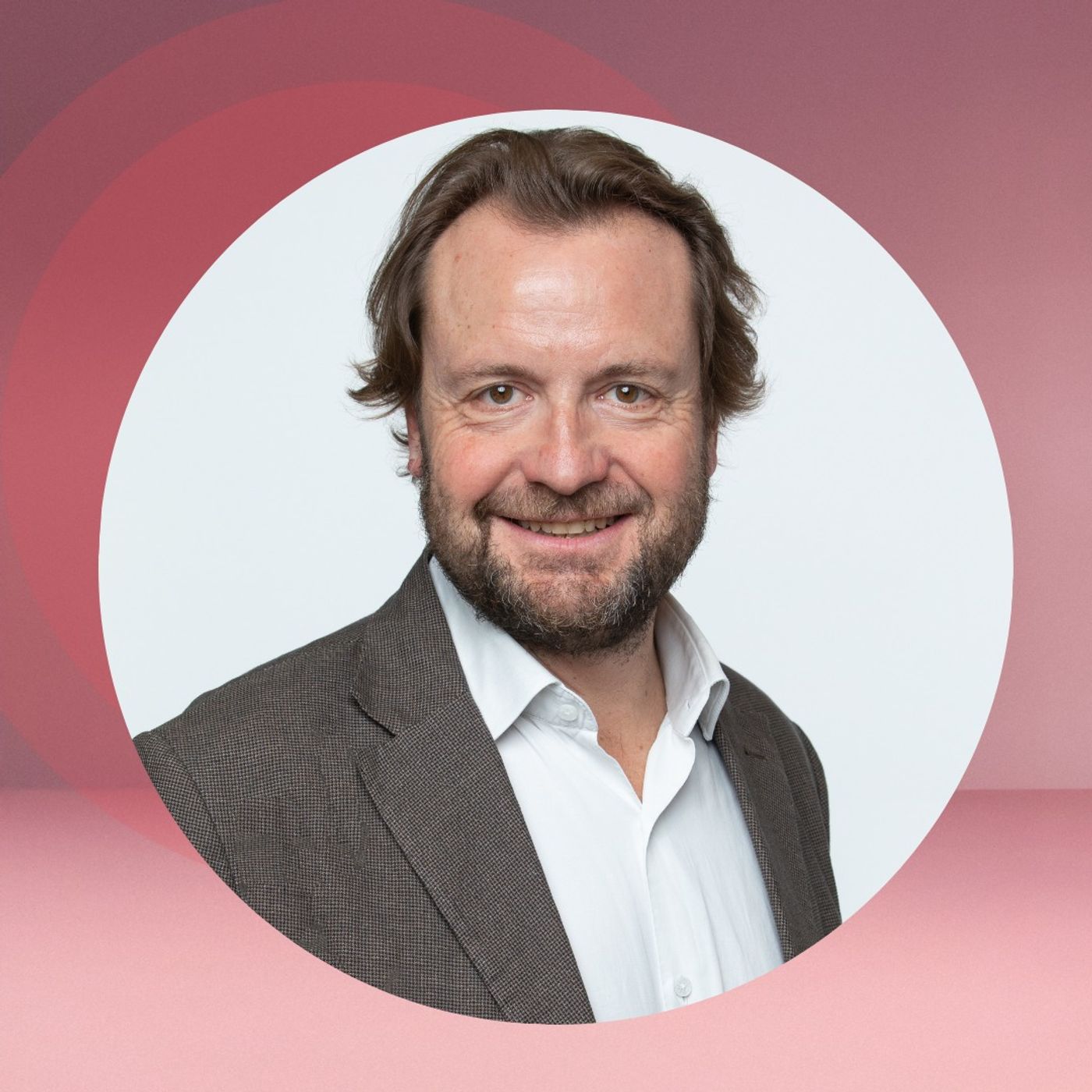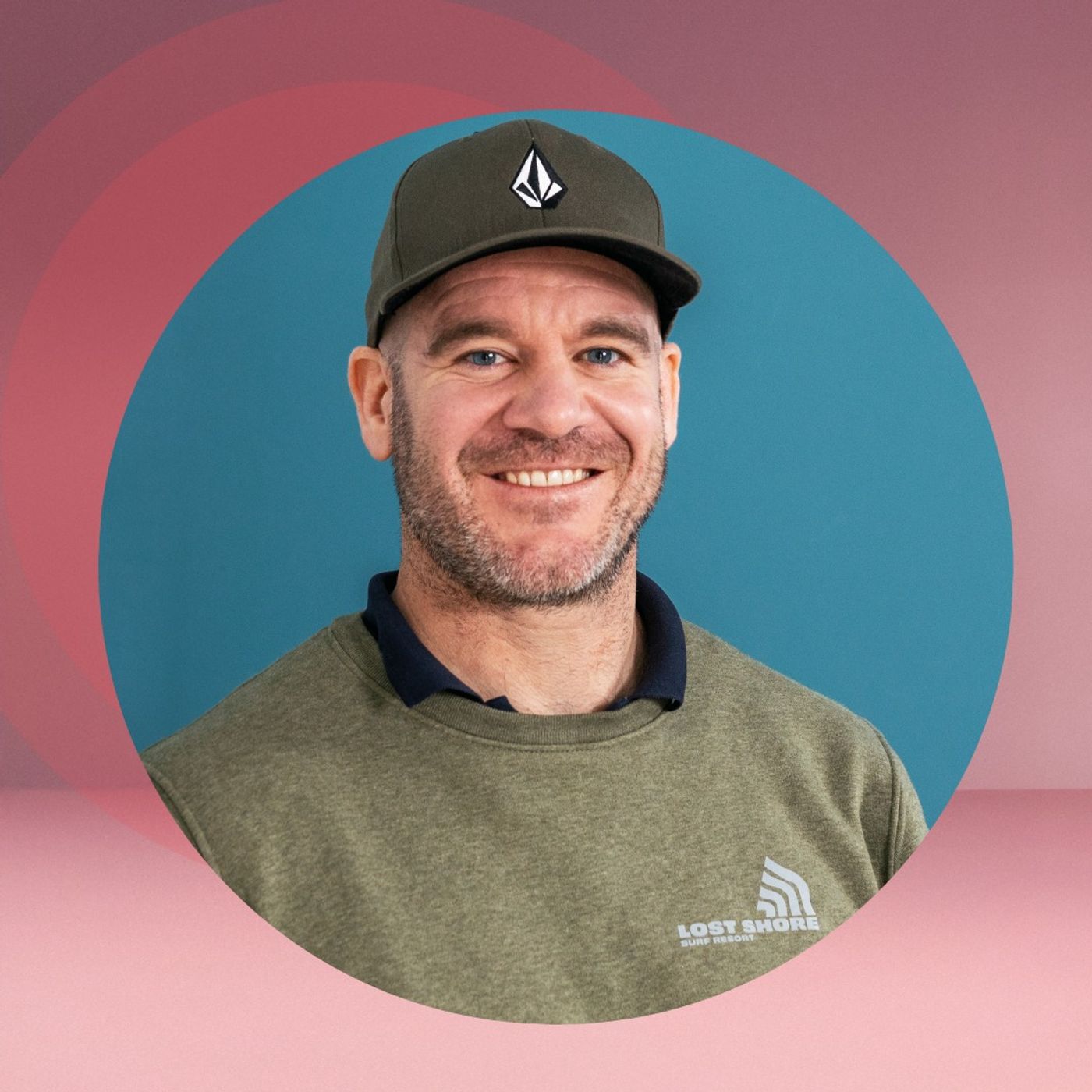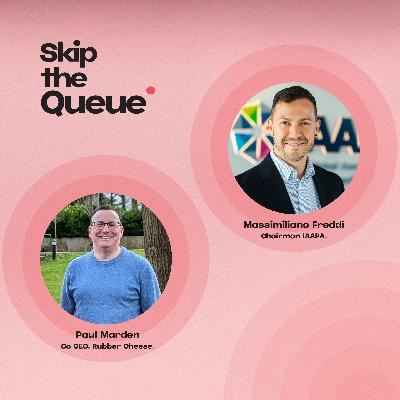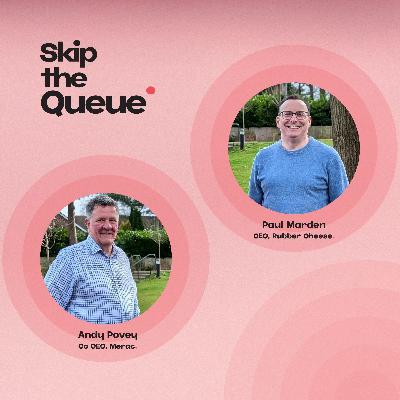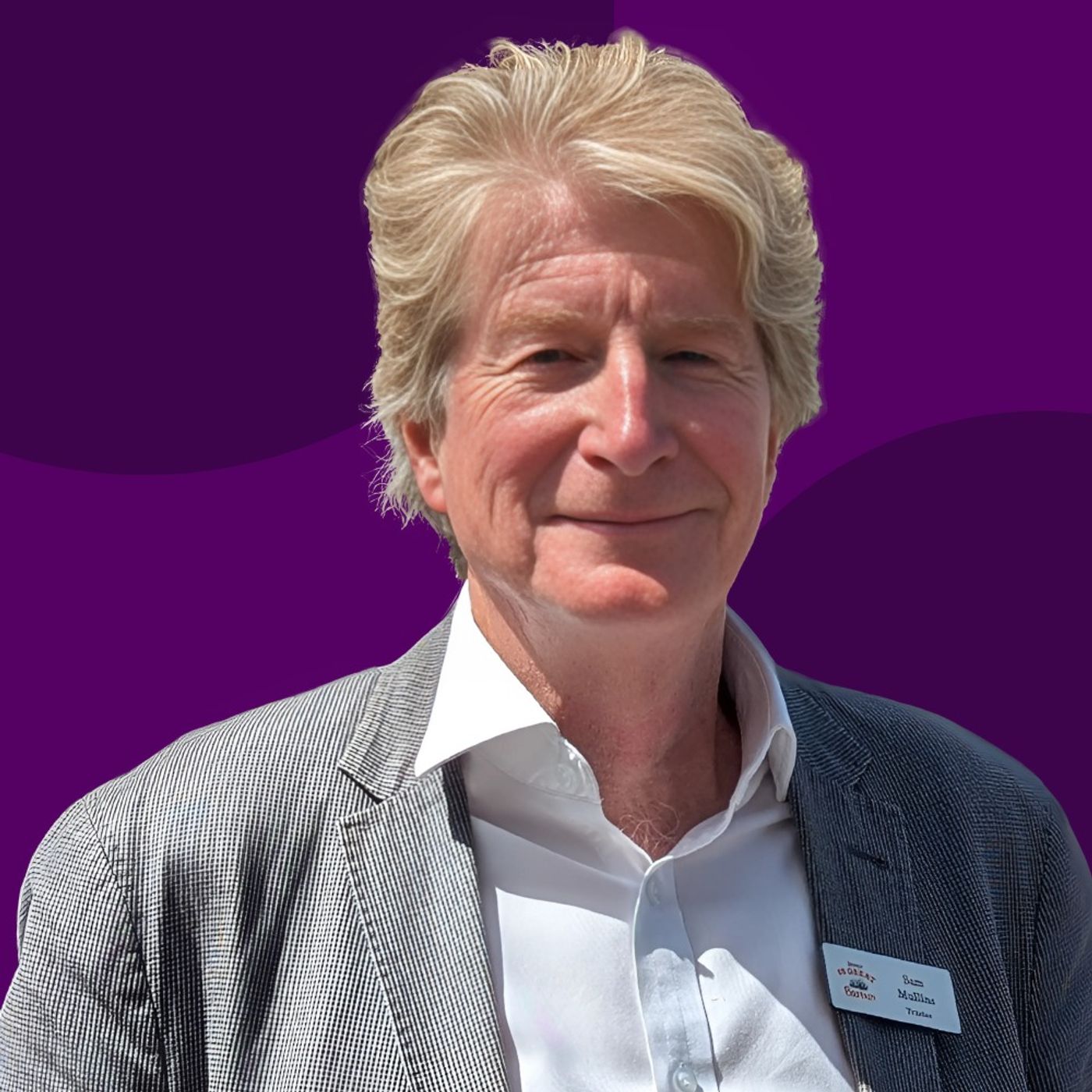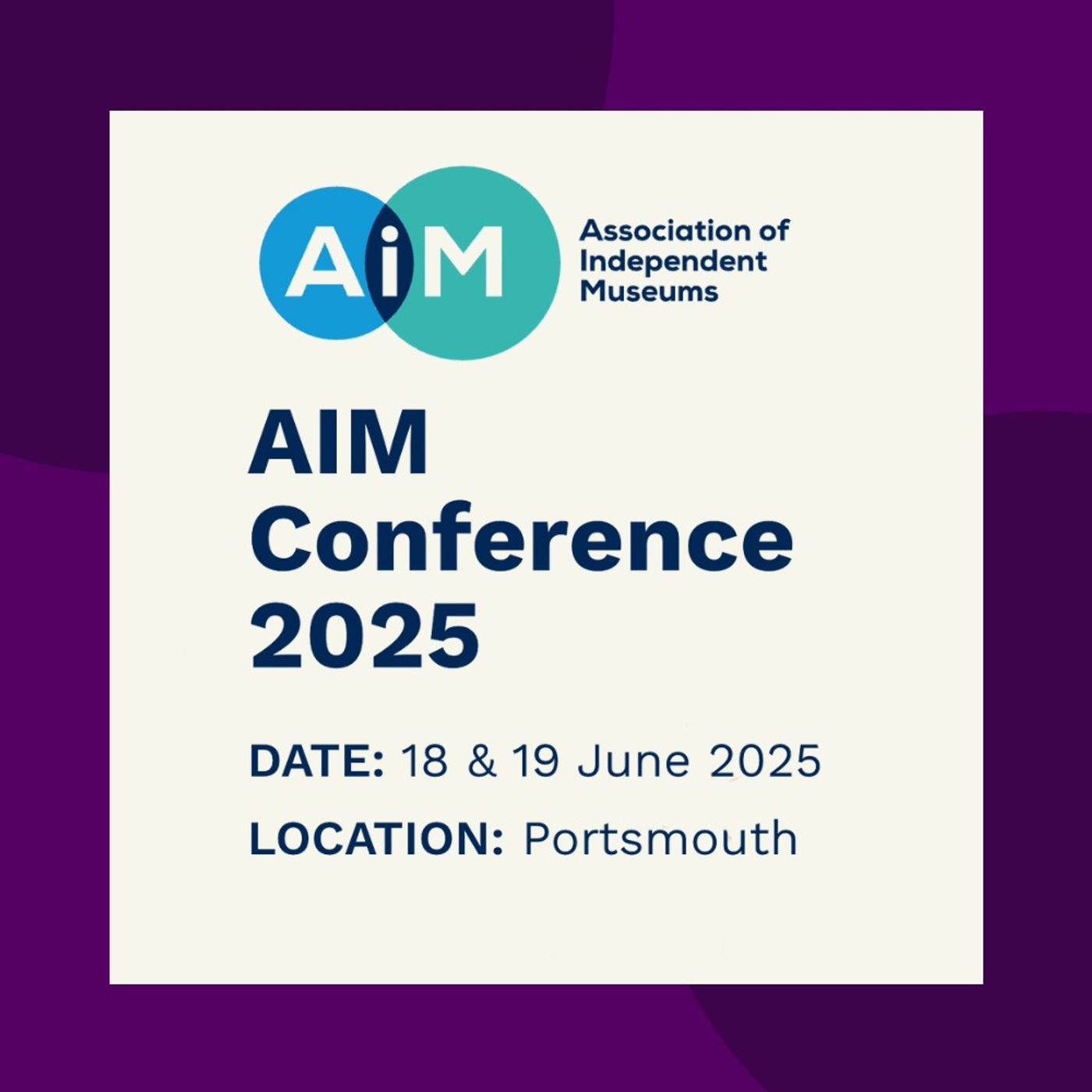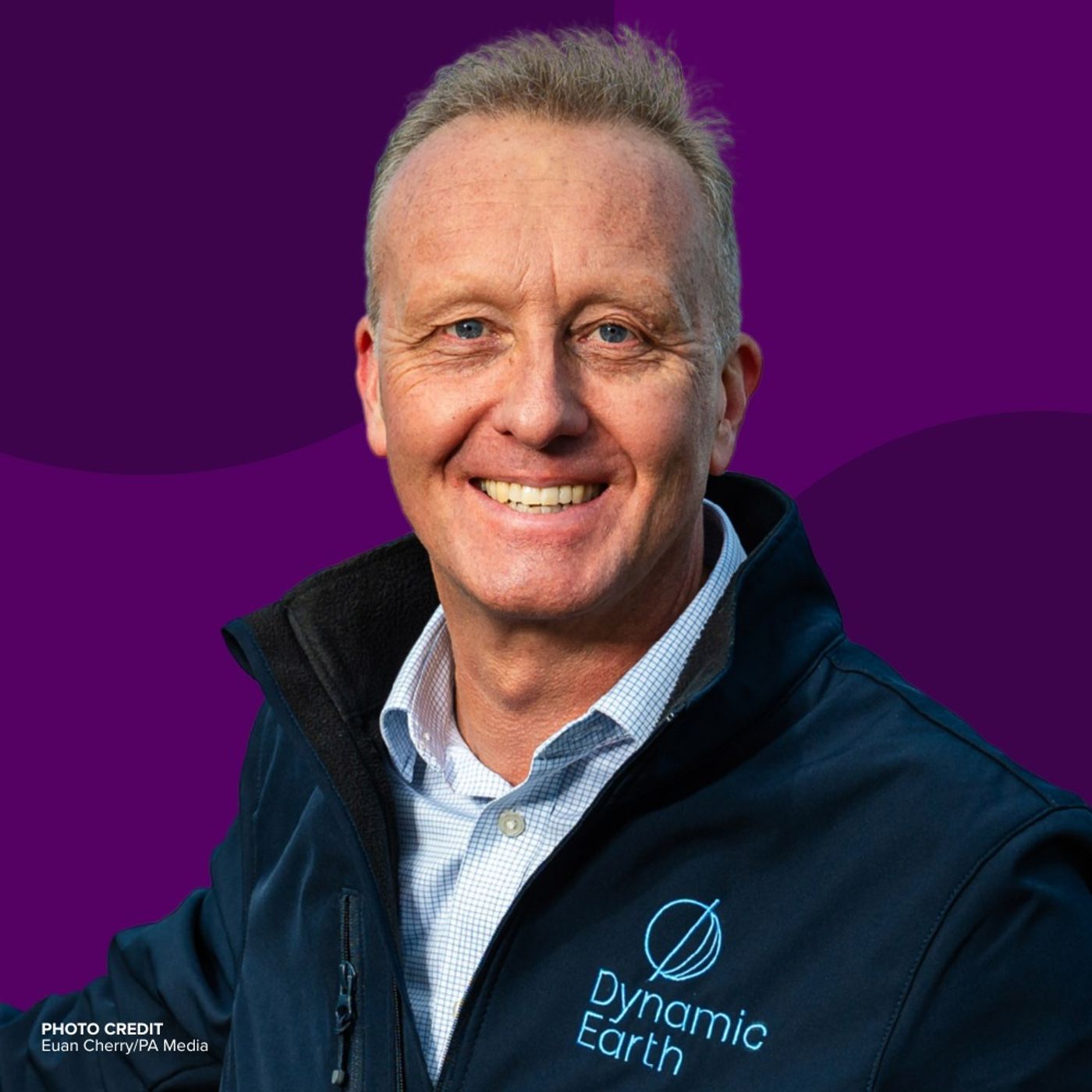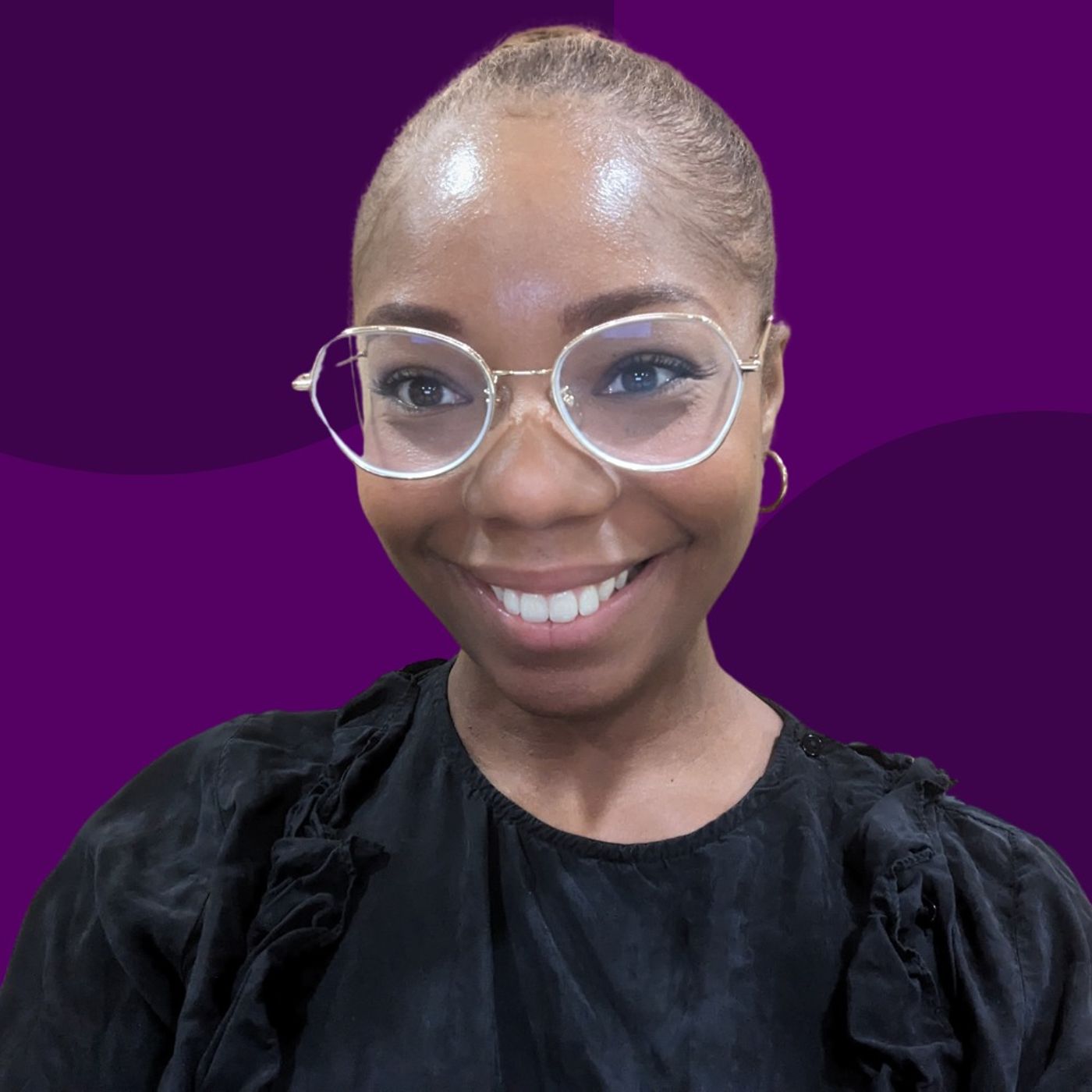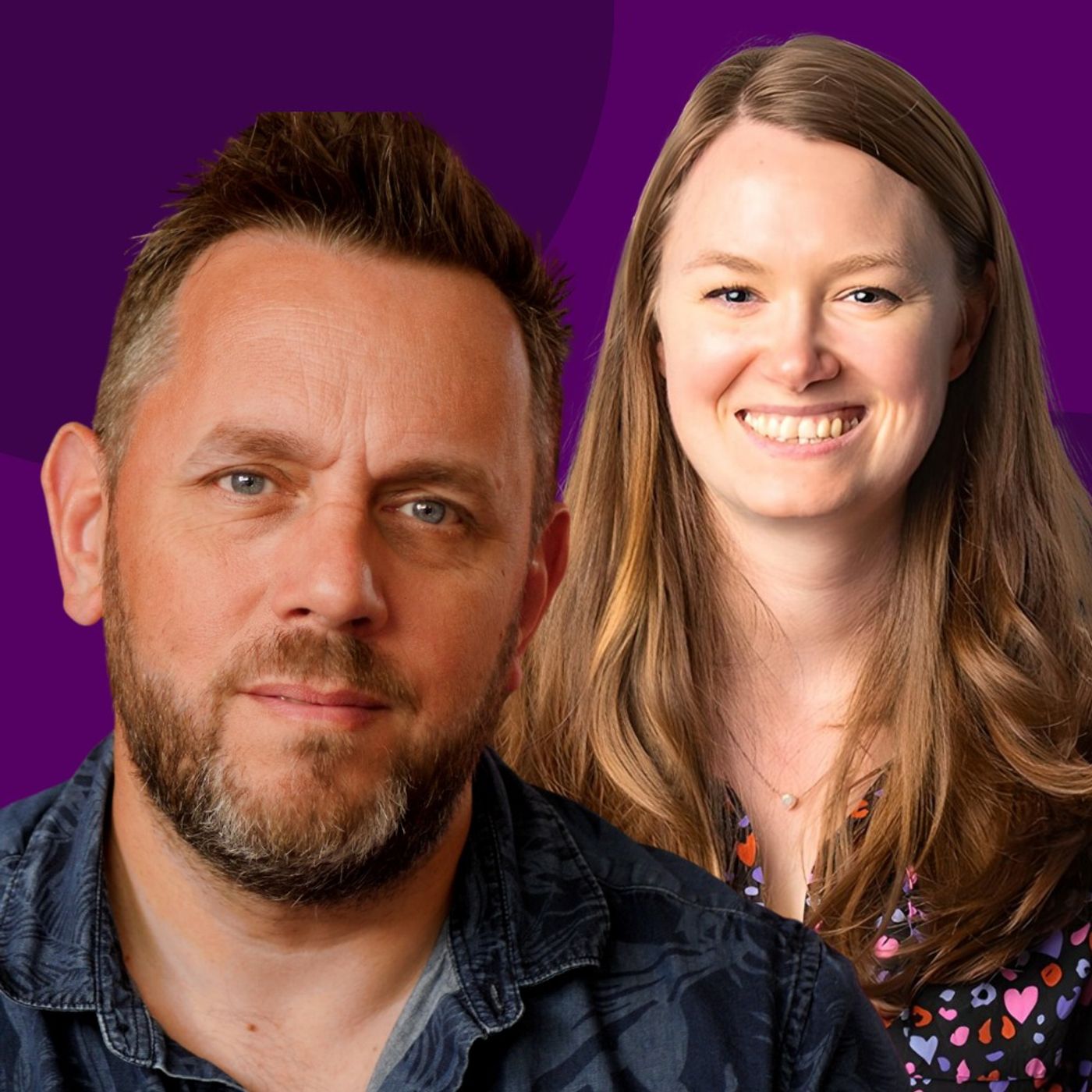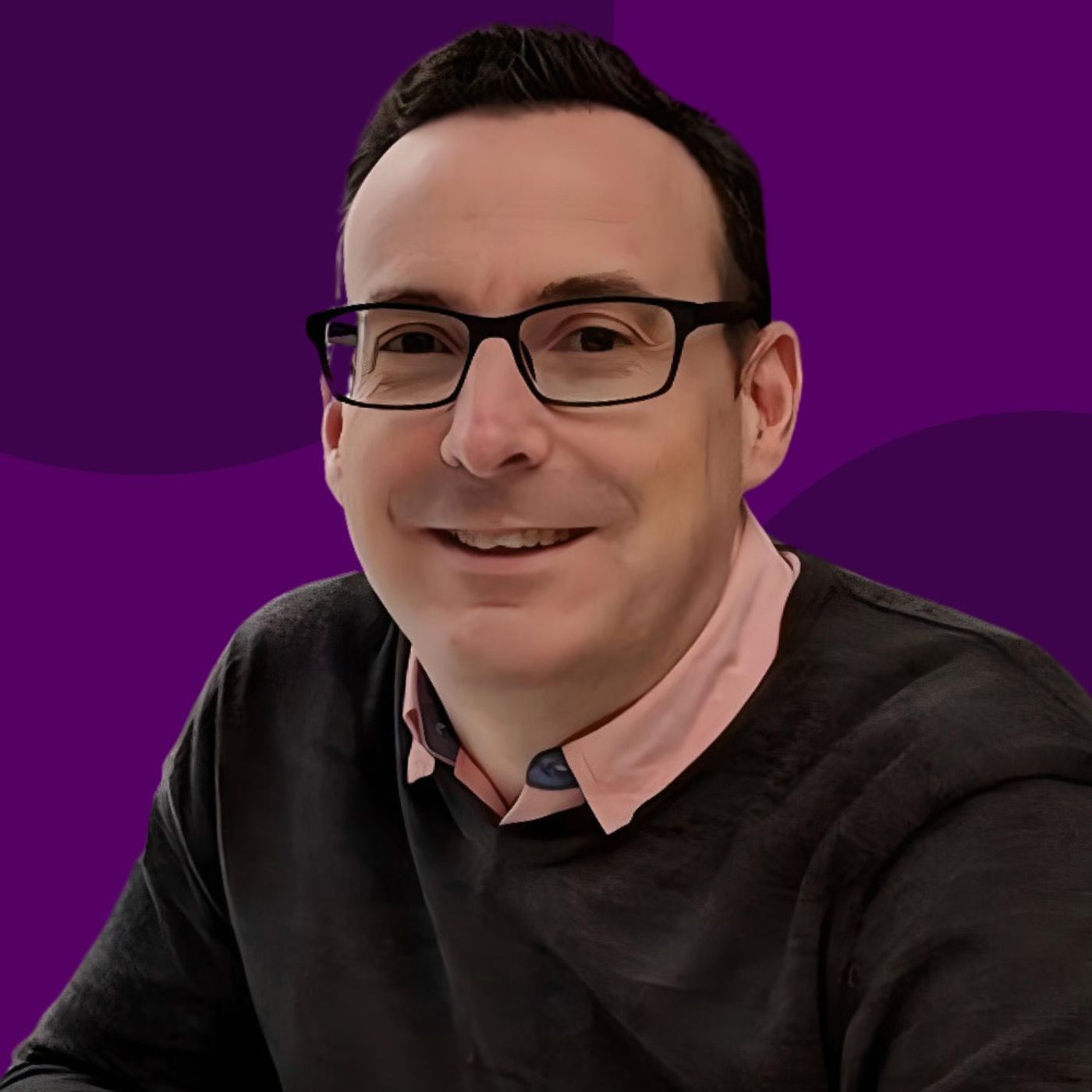Innovating for Change: Youth, Climate, and the Science Centres of Tomorrow
Description
Skip the Queue is brought to you by Rubber Cheese, a digital agency that builds remarkable systems and websites for attractions that helps them increase their visitor numbers. Your host is Paul Marden.
If you like what you hear, you can subscribe on iTunes, Spotify, and all the usual channels by searching Skip the Queue or visit our website rubbercheese.com/podcast.
If you've enjoyed this podcast, please leave us a five star review, it really helps others find us. And remember to follow us on Twitter for your chance to win the books that have been mentioned in this podcast.
Competition ends on 11th December 2024. The winner will be contacted via Twitter.
Our guests:
https://www.wethecurious.org/
Chris Dunford, Sustainability and Science Director at We The Curious
As Sustainability and Science Director, Chris Dunford has been responsible for Sustainable Futures at We The Curious since 2011. During that time, he has introduced a sector-leading programme of environmental best practice, innovative technologies, and organisational change. In 2019, We The Curious became the first science centre in the world to declare a climate emergency and pledged to meet ambitious decarbonisation targets in this decade, implemented alongside climate change adaptation.
Beyond We The Curious, Chris has held positions as Head of Environmental Sustainability at UKRI, Elected Director of the Bristol Green Capital Partnership, Mentor of Arizona State University’s ‘Sustainability in Science Museums’ Global Fellowship, and Chair of the ASDC Decarbonisation Group. Chris’ background is in science communication and stand-up comedy.
Victoria Denoon is the Head of Visitor Experience at W5 Science and Discovery Centre.
Victoria joined W5 Science and Discovery Centre in March 2020 and has responsibility for all aspects of W5’s operations. She is also currently an ASDC Trustee. Prior to joining the team at W5, she worked in Higher Education in the United States for 15 years with a particular interest in advancing the careers of women in STEM fields.
http://www.aberdeensciencecentre.org/
Bryan Snelling is the CEO of Aberdeen Science Centre.
He’s been in this position for five years having started in November 2019. Bryan has worked in the visitor attraction sector for 11 years having previously enjoyed 6 years as CEO at The Gordon Highlanders Museum in Aberdeen. Bryan has worked in many sectors during his career including education having worked across the UK in Portsmouth and London before moving to Aberdeen. Bryan is originally from South Wales and in his spare time he enjoys playing the guitar, playing cricket and reading.
https://www.sciencecentres.org.uk/
Shaaron Leverment is the Chief Executive at The Association for Science and Discovery Centres.
Shaaron is the CEO of ASDC and has over 20 years' experience working in science engagement and education. She stands for the value of science centres and museums for social good, as community assets that are accessible and relevant for a more diverse public.
Shaaron joined ASDC in 2016 as the Deputy CEO. She is also the co-founding director of 'Explorer Dome' that engages over 70,000 children and adults every year. She leads on a number of national and international programmes and collaborations that aim to improve the relevance and accessibility of STEM for a more diverse public. As a past president of the British Association of Planetaria, she is also currently the EDI co-chair of the International Planetarium Society. Shaaron is mum to two boys, and the owner of a large hairy Golden Retriever.
She is part of varied networks, working with schools, universities, science centres, museums and volunteer groups, as well as nation-wide professional associations and Government agencies. She has created and directed national and international (EU) science engagement programmes, including leading the Horizon 2020 Hypatia programme in the UK to support greater gender inclusion in informal science education, and is the driving force behind Our Space Our Future, supporting participative practice in space science outreach.
Through work with ASDC, Ecsite and other international partnerships, Shaaron is known for her work to support greater equity and inclusion within our STEM education and engagement organisations, with the ambition of embedding more equitable practice for transformative organisation-wide change.
Transcription:
Paul Marden: Welcome to Skip the Queue. A podcast for people working in and working with visitor attractions. I'm your host, Paul Marden.
Now, today's episode is a special one. A few days ago I was at the Association for Science and Discovery Centre's annual conference recording in front of a live studio audience. Joined by a panel of the great and good from the Science and Discovery Centre community, Victoria Denoon, Head of Visitor Experience at W5 Science and Discovery Centre. Bryan Snelling, the CEO of Aberdeen Science Centre. Chris Dunford at ASDC Sustainability Group Chair and Sustainability Director at We the Curious. And Shaaron Leverment, the CEO of ASDC. Now, I have to say, this was a bit of a proof of concept for us and we had a few technical gremlins, but whilst the sound quality isn't brilliant, the conversations absolutely were.
Paul Marden: So without further ado, let's go over to that recording I took a couple of days ago. Why don't we start with our icebreaker questions? So this is a tradition for the podcast and nobody has been prepared for this. So, Victoria, you'll like this one. It's a really easy one. Bauble or custard cream?
Victoria Denoon: You said it was going to be easy.
Paul Marden: Oh, no, I could give you my answer straight away. It's a firmly held belief for me. Of course, it's the only answer to that question. Bryan, you have to live in a sitcom for the rest of your life. Which one? And why?
Bryan Snelling: Oh God, can I have the ball? But do you know what? The only one that sprung to mind was Only Fools and Horses. I think, you know, a bit of dodgy dealing here and there. Can't go wrong with that, I think. Yeah, Wheeler dealing, you know what I mean?
Paul Marden: One day Wanda's There'll be millionaires. Chris, play 10 instruments or speak 10 languages.
Chris Dunford: Oh, horrible. I'm going to go for 10 instruments because I feel as if Google can do the rest. But 10 instruments? I can finally record my own albums.
Paul Marden: And Shaaron, last but not least, control time like Hermione or Fly Like Harry.
Shaaron Leverment: Oh, God, fly Like Harry,
Paul Marden: Really?
Shaaron Leverment: Yeah, yeah, 100%.
Paul Marden: You don't need a time turner to be in every session. That wasn't the latest question at all. Okay, let's get cracking then with the main interview. Shaaron, first question is for you. This year and next sees the 25th anniversary of the millennium funded science centers which saw a huge amount of investments into science communic engagement across the country. What did that do to shape science in the last quarter of the century? And where do you think it will take us next.
Shaaron Leverment: Great question.
Paul Marden: Thank you.
Shaaron Leverment: Like 25 years ago, as I mentioned in my talk, even no one really knew what science communication was. You know, now obviously there's masters in it, there's people who are doing PhDs in it and I think it's actually becoming a very important part of policy and recognised as strategically important in terms of the way in which nation engages with science. And I do believe that's because we have these amazing places across the U.K. now. Let's be honest, like a lot of them existed beforehand. There was at least 6, including Satrasphere, which is now Aberdeen Science Centre, which existed before the Millennium centers. And then suddenly all of these centers were. But now we've got 60, nearly 70 across the entire places. The Lost Shore is just open, which is all about surf and science.
Shaaron Leverment: I think science, referring to one of our keynotes, is really becoming part of culture. And then we're no longer looking at sort of museums and centres as like cathedrals of science. We're looking at them as real kind of cultural and community assets. So that's where I think. I think that's where the trajectory is going for the next 25 years. I'll just wrap that into the end of that.
Paul Marden: This is a follow up for that and really anyone can join in on this one. Thinking more about where we go in the next 25 years, let's talk about funding streams because we had a big lump of money back just before the mill

